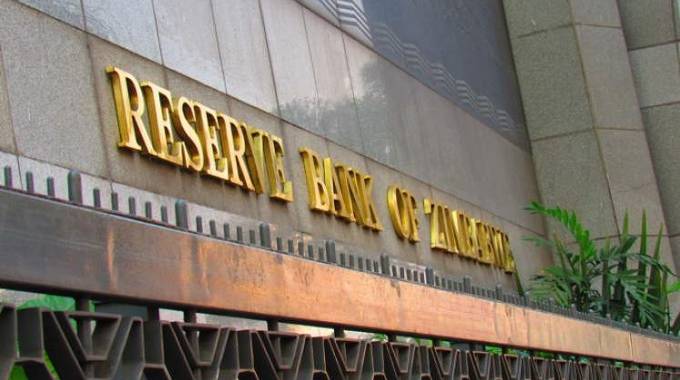Government lifts duty on basic goods

The Herald,3 December 2008
GOVERNMENT has lifted import duty on basic commodities to make them available and affordable ahead of the Christmas and New Year holidays, Reserve Bank of Zimbabwe Governor Dr Gideon Gono, said yesterday.
The central bank chief told delegates attending a National Economic Consultative Forum workshop that the new policy will be gazetted later this week.
Dr Gono also increased by 10 percent foreign currency retention levels to 85 percent for shops, licensed to sell goods in foreign currency with the view to promote bulk importation of basic commodities.
This means shops selling goods in foreign currency will be liquidating 15 percent of their earnings to the central bank at the prevailing rate.
Dr Gono said the scrapping of import duty on basic commodities was meant to complement the Foreign Exchange Licensed Warehouses and Retail Shops (FOLIWARS) by ensuring increased supply of goods.
“It is imperative that the Government constantly intervenes and cushion consumers against food shortages.
“And I believe this is the best Christmas present we can present to consumers this festive season,” said Dr Gono.
Bacossi
Participants at the meeting applauded the Government for making a timely intervention at a time when most basic commodities were now beyond the reach of many owing to high prices.
Dr Gono implored the business community to import many basic commodities to make them affordable to the majority of Zimbabweans who are currently living below the Poverty Datum Line.
“Now that the import duty restrictions have been suspended, the onus is now on the private sector to import and flood the market with cooking oil, margarine, rice and flour to ease the burden for consumers,” he said.
Government, through the central bank, has in the past made several measures to protect the vulnerable and some of these measures include the provision of Basic Commodities Supply Side Interventions (Bacossi) and the provision of farming implements to resettled farmers.
Zimbabwe is facing acute food shortages.
The United Nations estimates that at least US$500 million will be needed to avert hunger in the country between now and the next harvest in April.
Lessons for Today
• 2008 and 2019 have gone down in history as some of the toughest years for the majority of Zimbabweans due to economic challenges.
• While supermarket shelves were empty in 2008, and goods were sold on the black market at exorbitant prices, in 2019 goods are available. This year, Government has introduced targeted subsidies to cushion the vulnerable.








Comments